International Media (Finally) Zoom In on Violence in Venezuela
"Tonight, Venezuela is seeing a spasm of violence that’s unlike anything the country has experienced since 1989," blogger Audrey M. Dacosta wrote from Caracas on Wednesday.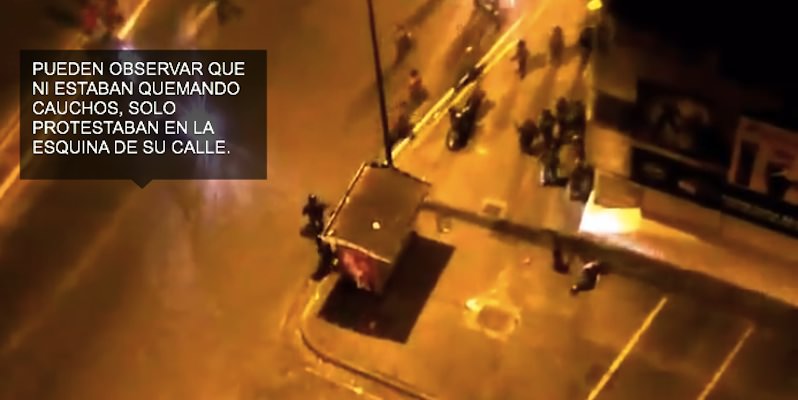 Citizen journalism: This still from a YouTube video posted Feb. 19 on Caracas Chronicles purports to show a young civilian shot by Venezuelan National Guard forces on the corner of Avenida Panteon in Caracas. The inset text points out that the demonstrators shown in the video "weren't burning tires -- they were only protesting on the corner of their street." (YouTube)
Citizen journalism: This still from a YouTube video posted Feb. 19 on Caracas Chronicles purports to show a young civilian shot by Venezuelan National Guard forces on the corner of Avenida Panteon in Caracas. The inset text points out that the demonstrators shown in the video "weren't burning tires -- they were only protesting on the corner of their street." (YouTube)
“Tonight, Venezuela is seeing a spasm of violence that’s unlike anything the country has experienced since 1989,” blogger Audrey M. Dacosta wrote from Caracas on Wednesday. “Information is fragmented, since an almost complete media black-out is in place, but you don’t need the media to hear your neighbor’s screams.”
In her piece, Dacosta makes good use of the citizen journalism phenomenon by including YouTube clips showing violent eruptions around Venezuela and providing source information. Take a look here (note: some clips show lethal violence).
On Thursday, Dacosta’s Caracas Chronicles colleague Francisco Toro sent another flare up to draw the attention of the too-readily distractable global press corps with a post entitled “The Game Changed in Venezuela Last Night — and the International Media Is Asleep At the Switch”:
Throughout last night, panicked people told their stories of state-sponsored paramilitaries on motorcycles roaming middle class neighborhoods, shooting at people and storming into apartment buildings, shooting at anyone who seemed like he might be protesting.
People continue to be arrested merely for protesting, and a long established local Human Rights NGO makes an urgent plea for an investigation into widespread reports of torture of detainees. There are now dozens of serious human right abuses: National Guardsmen shooting tear gas canisters directly into residential buildings. We have videos of soldiers shooting civilians on the street.
According to Toro, Internet access had been shut off to a “city of 645,000 inhabitants” — San Cristóbal — at the time he posted his story.
By Friday, the international media had taken notice. The Associated Press picked up on Toro’s thread about Internet access and other communication channels being blocked by authorities; after some 30 hours, online and cellphone service had been restored in San Cristóbal.
CNN also dedicated a post to the issue of verifying stories — delivered via networks being intermittently cut off and from sources difficult to check out in the midst of chaos — and presented some of the incoming footage and reports as of that afternoon.
The Guardian also took to the streets to relay first-person accounts about why Venezuelans were choosing to protest.
Speaking of CNN, the BBC chimed in Friday afternoon to report that Venezuelan officials, under President Nicolas Maduro’s orders, had stripped CNN’s Caracas-based correspondent, Osmary Hernandez, of his accreditation and canceled the work permits of two other journalists:
On Thursday, during a live broadcast, Mr Maduro threatened to “take action” against CNN unless it ceased what he described as “hostile coverage” of events in Venezuela.
“Enough war propaganda, I won’t accept war propaganda against Venezuela. If they don’t rectify themselves, out of Venezuela, CNN, out,” he said.
“They want to say to the world that there’s a civil war in Venezuela.”
CNN says Venezuelan officials asked the two journalists who had their work permits cancelled – Angela Janiot and Rafael Romo – when they would leave the country.
In a statement, the network said it was still negotiating with the authorities.
Another march to protest the recent violence in Venezuela is slated for Saturday.
–Posted by Kasia Anderson
Your support matters…Independent journalism is under threat and overshadowed by heavily funded mainstream media.
You can help level the playing field. Become a member.
Your tax-deductible contribution keeps us digging beneath the headlines to give you thought-provoking, investigative reporting and analysis that unearths what's really happening- without compromise.
Give today to support our courageous, independent journalists.


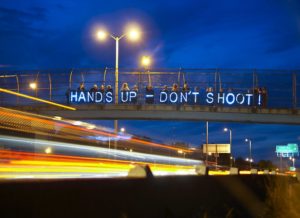

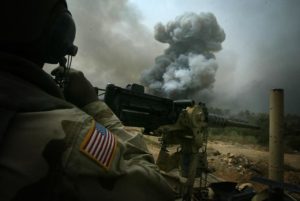
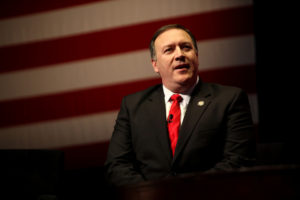
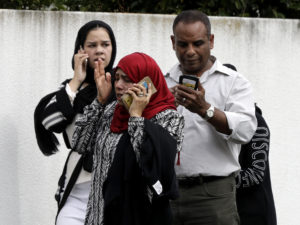


You need to be a supporter to comment.
There are currently no responses to this article.
Be the first to respond.